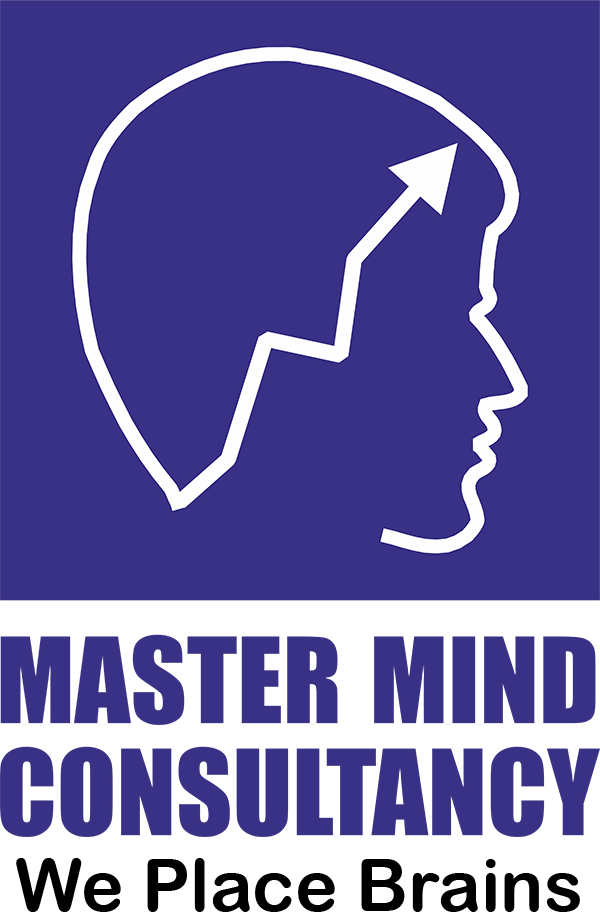18
OctThe Festival of Fresh Starts: Bringing Diwali's Light to Work and Life
18-10-2025
Comprehending the Role of a Resume
A resume serves as a snapshot of your professional journey, highlighting your skills, experiences, qualifications and accomplishments tailored to the specific position you seek. Its primary purpose is to secure an interview, functioning as your individual promotional instrument, demonstrating why you are the ideal candidate for a particular role.
Foundations of Resume Building for Novices
Opt for the Appropriate Format
For those just starting out, the chronological resume
format is generally the simplest choice. It arranges your work experiences in
reverse chronological order, with your most recent job at the top. This format
is user-friendly and spotlights your career progression.
Contact
Details
Position your name, phone number, email address, and, if
applicable, your LinkedIn profile right at the resume's outset. Ensure your
email appears professional and steer clear of overly informal usernames.
Optional Objective or Summary
A concise objective or summary can
offer employers insight into your career aspirations and the value you bring.
Nevertheless, this section is flexible and can be omitted if it doesn't enhance
your resume.
Highlight Relevant Education
Incorporate your educational history,
commencing with your most recent degree. For beginners, academic
accomplishments can carry significant weight, so delve into relevant
coursework, projects, and honors.
Spotlight Transferable Skills
Even without much work experience, you likely possess transferable skills gained from internships, volunteer work, or extracurricular activities. These competencies, encompassing communication, teamwork, and problem-solving, can leave a strong impression
Enhancing Your Resume as an Experienced Mid-Career
Professional
Opt for a Combination or Functional Format
Mid-journey professionals often
possess diverse experiences that may not neatly fit into a chronological
format. Consider using a combined or functional format that places a stronger
emphasis on skills and accomplishments rather than strict chronological order.
Craft a Professional Summary
Replace the traditional objective statement with a
professional summary. This concise paragraph should encapsulate your extensive
experience, key skills, and the unique qualities that set you apart as an
exceptional candidate. Customize it to align with the specific role you're
pursuing.
Prioritize Relevant Experience
Give prominence to your most recent and directly relevant
experiences. Highlight your accomplishments and measurable results, showcasing
how you've made a significant impact in your previous roles.
Quantify Your
Achievements
Numbers carry weight and provide
context for your accomplishments. Whenever feasible, quantify your
achievements. For instance, stating "Achieved a 25% increase in sales
within six months" holds more sway than a vague statement like
"Contributed to sales growth."
Tailor Your Resume
Tailor your resume to match the requirements of each job application. Incorporate keywords and phrases from the job description to optimize your resume's chances of passing through applicant tracking systems (ATS) and reaching the attention of human eyes.
Universal Resume Best Practices for Every Job Seeker
Keep It Concise
Irrespective of your career stage, aim to keep your resume
concise. Beginners should target a one-page length, while mid-journey
professionals can extend to two pages if necessary.
Avoid including unnecessary details
Utilize Action Verbs
Initiate bullet points with powerful action verbs to convey
a sense of achievement and proactivity. Words such as "achieved,"
"implemented," and "managed" lend weight to your
accomplishments and responsibilities.
Showcase Soft and Hard Skills
Incorporate a blend of soft skills (e.g., communication,
leadership) and hard skills (e.g., programming languages, certifications) that
are pertinent to the job. This approach offers a well-rounded view of your
capabilities.
Emphasize Professional Development
Highlight workshops, courses, certifications, and
conferences you've participated in. This underscores your dedication to
continuous learning and staying current in your field, which is particularly
important in today's dynamic work environment.
Thorough Proofreading
In
summary, a well-crafted resume is not only a reflection of your professional
journey but also a powerful tool for opening doors to new opportunities. By
adhering to these best practices, you can present yourself in the best possible
light and stand out in a crowded job market. Remember, your resume is your
introduction to potential employers, and making it count can make all the
difference in your career.
